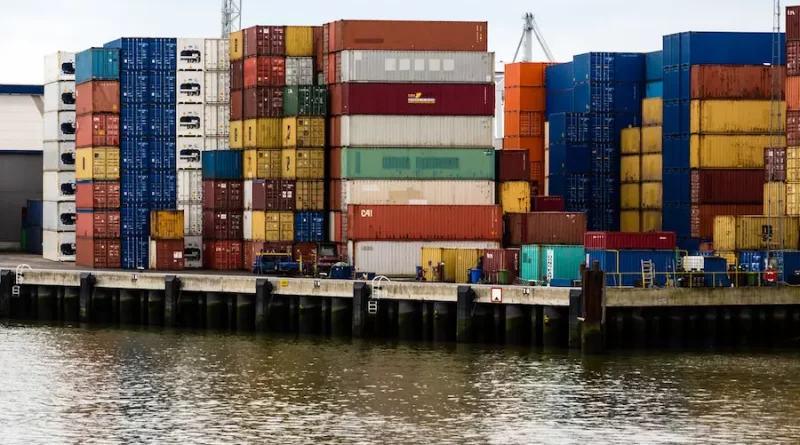What goods are shipped in containers?
Shipping containers are sturdy metallic packing containers that are used to transport items from area to place. They are typically made of metal and designed to be strong ample to cope with lengthy shipments.
Standardised containers have converted the delivery and transport industry, permitting the transport of items by using rail, avenue and ship easily, as the containers can match onto unique types of transport with ease. The standardisation of containers has helped make bigger effectivity and economies of scale when transporting the approx. $3tn of change which goes via our transport structures every year, from aerosol cans to zebras!
90% of the whole lot is transported by means of sea freight. This is all in containers, cargo ships being simply about a component of the past. Bulk cargoes are carried in VLCC (very massive crude carriers), VLOC (very massive ore carriers) and smaller ones of a range of sizes such as Panamax and Suezmax. Product tankers (gasoline, diesel etc) are typically smaller ships round 35–50,000dwt. Craned bulk carriers have a tendency to raise each bulk cargoes and containers, with the cranes being used in a feeder containership carrier between the ports the place the megaships berth and smaller ones round the shoreline or close by areas.
How lots does it fee to ship a container?
20ft container delivery cost
The price of a delivery a 20ft container can differ dramatically primarily based on the beginning and destination. For example, a 20ft container being shipped from New York to Hamburg would usually fee round $1700. That identical 20ft container being shipped from New York to Vancouver will price nearer to $4500
40ft container delivery cost
40ft containers are barely extra high priced to ship than 20ft containers. To ship a 40ft container from New York to Hamburg would price round $2150. A 40ft container from New York to Vancouver would run almost $6000
Pricing is one of the most essential elements of delivery goods, however it’s necessary to genuinely recognize the accountability of the consignee (shipper/ buyer) and the distributor or seller.

